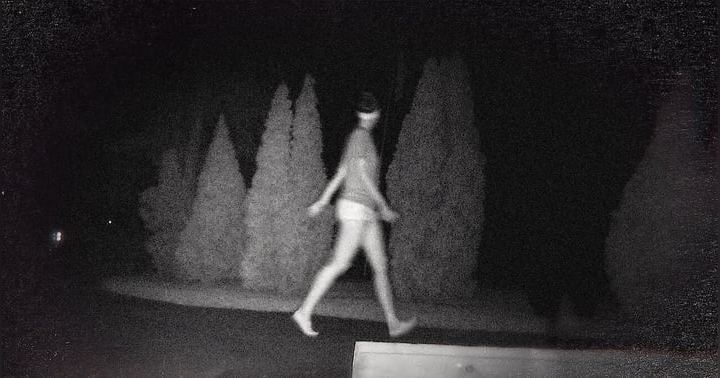Chilling 8th Circuit Ruling in Mason Murphy vs Schmitt

In the realm of constitutional law, few issues are as fundamental as the protection of our First Amendment rights.
Case Overview
The case in question, Mason Murphy v. Michael Schmitt, No. 22-1726 (8th Cir. 2023), revolves around a troubling incident that unfolded in Sunrise Beach, Missouri. Officer Michael Schmitt was patrolling a highway in 2021 when he encountered a young man, Mason Murphy, who was walking along the road in the direction of traffic.
Schmitt initiated contact with Murphy, asking him to identify himself. However, what followed was a nine-minute confrontation during which Murphy refused to comply and questioned the officer's actions.
First Amendment Retaliation Claim
Murphy, feeling that his First Amendment rights were being violated, criticized the officer and asked why he was being detained. Schmitt, however, did not provide a clear reason for the detention at that moment. It was only hours later, and after calling multiple colleagues to ask "What can I charge him with?", that he arrived at a reason for arrest.
Murphy subsequently filed a lawsuit, alleging unlawful detention and First Amendment retaliation.
Springfield News-Leader,
Probable Cause
One key aspect of the case was whether Officer Schmitt had probable cause to stop and arrest Murphy. It was established that Murphy was in violation of a Missouri statute that prohibits walking on the right side of a road with no sidewalks.
According to the MinnLawyer, Murphy argued that the highway in question had a wide shoulder, and historically, individuals violating this rule were not detained by law enforcement in Camden County or Sunrise Beach.
Take a moment to appreciate these US Constitution whiskey glasses.
Nieves v. Bartlett Exception
The 8th Circuit Court of Appeals referred to the Supreme Court's ruling in Nieves v. Bartlett (2019), which presented a narrow exception to the general rule that probable cause defeats a retaliatory arrest claim. The exception arises when plaintiffs can provide objective evidence that they were arrested for engaging in while others in similar situations, who did not engage in such speech, were not arrested.
Murphy contended that his case fell within this exception. According to MinnLawyer, he argued that officers typically exercised discretion not to arrest individuals for walking on the wrong side of the road, a violation similar to jaywalking. However, he lacked concrete evidence that officers consistently refrained from making arrests for this particular offense. Murphy believed that such evidence might be found through further investigation or discovery if the case proceeded.
The 8th Circuit, drawing on the precedent set by Ashcroft v. Iqbal, concluded that Murphy's allegation did not sufficiently establish that walking on the wrong side of the road was so commonly observed that officers typically ignored it. Consequently, the court found that the probable cause for Murphy's arrest defeated his retaliatory arrest claim.
Dissenting Opinion
Notably, there was a dissenting opinion by Judge L. Steven Grasz, who argued that Murphy had plausibly asserted that the Sunrise Beach Police Department did not regularly enforce the law against walking on the wrong side of the road. According to MinnLawyer, Judge Grasz pointed to various post-arrest events, including Schmitt's changing account of whether Murphy appeared intoxicated and his inquiries about what charges could be filed against Murphy.
According to MinnLawyer, the dissenting judge suggested that these actions indicated Schmitt was scrambling to justify the arrest. Judge Grasz emphasized that if the police department routinely arrested individuals for this offense, Schmitt and his colleagues would likely have had an easier time identifying it as the basis for the arrest.
Furthermore, the dissenting opinion raised concerns about the premature dismissal of the case, which prevented Murphy from obtaining and presenting objective evidence. Quoting Lozman v. City of Riviera Beach, Judge Grasz argued that an unyielding requirement to show the absence of probable cause could potentially incentivize some officers to misuse their arrest powers to suppress speech.
Conclusion
The 8th Circuit Court of Appeals' ruling in Mason Murphy v. Michael Schmitt has ignited a contentious legal debate over the boundaries of First Amendment protection and the role of probable cause in retaliatory arrest claims. While the majority opinion upheld Schmitt's actions, the dissenting view presented a compelling argument that deserves serious consideration.
References:



